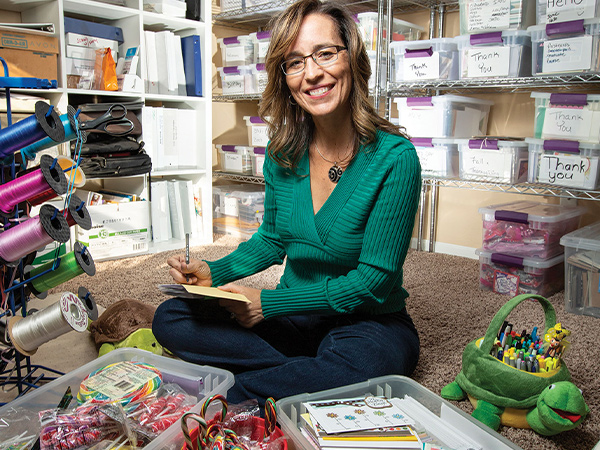Fellows of the AACR Academy, Class of 2021
The American Association for Cancer Research elected 25 renowned scientists from around the world to the AACR Academy Class of 2021.
The AACR Academy recognizes the groundbreaking contributions of pioneering cancer researchers and physician-scientists whose innovations have propelled significant progress against the collection of devastating diseases we call cancer.
“This year’s class is the most diverse and includes, of course, Nobel Prize winners and people working across many disciplines,” said Judy E. Garber, MD, MPH, FAACR, Division of Cancer Genetics and Prevention at Dana-Farber Cancer Institute in Boston and the 2019-2021 President of the AACR Academy.
“Part of the motivation for really emphasizing diversification among Academy membership was to make sure that there would be people who could speak to, and serve as mentors to, a much broader group,” Dr. Garber said.
Members of underrepresented groups including women, people of color, and individuals from outside the United States were well represented in the newly elected Fellows. Moreover, the Class of 2021 includes pioneers across a wide range of scientific disciplines.
“It’s important that we think as broadly as possible in science about the interactions that lead to new observations and new insights,” Dr. Garber said. “That’s how the field moves forward.”
Fellows are nominated and elected through a peer review process conducted by existing Fellows of the AACR Academy and ratified by the AACR Academy Steering Committee and AACR Executive Committee.
Now 256 members strong, including 54 Nobel Laureates, the AACR Academy serves as the global brain trust of top contributors to cancer science and medicine who help advance the mission of the AACR to prevent and cure all cancers through research, education, communication, collaboration, science policy and advocacy, and funding for cancer research.
“My opinion is that diversity is important in every aspect of life and certainly in every aspect of inquiry,” Dr. Garber said. “But perhaps the most important reason is because we want young people to look at science and say, ‘you know, that’s something I could do.’”
She added that the Fellows can help the AACR identify scientific priorities and support the organization’s initiatives and programs that drive progress in cancer research to benefit patients.
Moreover, the Fellows support the AACR’s mission by communicating the importance of cancer research and biomedical research to policymakers and the public.
Return to AACR Stories Home
